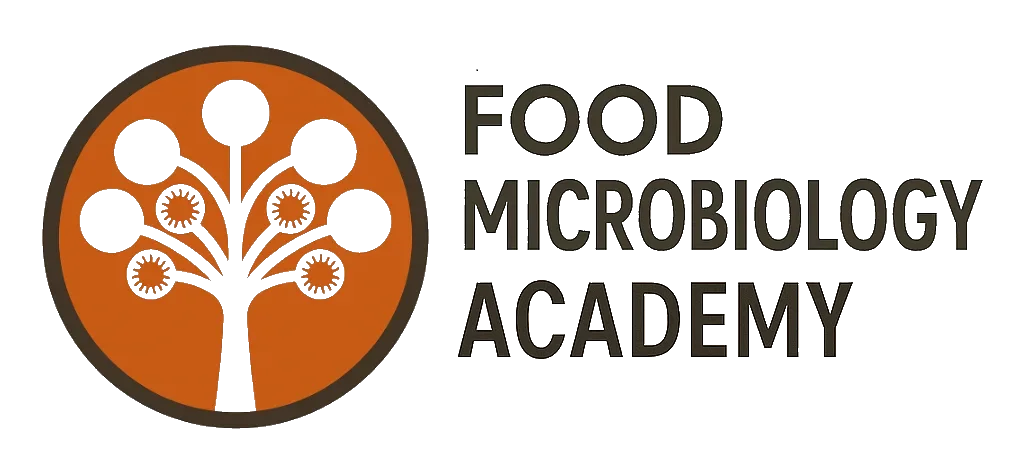The primary regulatory agency responsible for food safety in Maine is the Maine Department of Health and Human Services (DHHS), specifically the Maine Center for Disease Control and Prevention (Maine CDC). The Maine CDC’s Division of Environmental Health is tasked with enforcing and regulating food safety practices across the state. In this article, we’re providing an overview of how home-based food entrepreneurs in the US state of Maine can manufacture food at home for commercial sale.
Cottage food laws are regulations that allow individuals to produce and sell certain food products from their home kitchens without the need for a commercial facility. These laws enable home-based food entrepreneurs to start small businesses and generate income while ensuring consumer safety. This article provides a comprehensive summary of Maine’s cottage food laws, outlining the key provisions, requirements, and limitations.
Overview of Maine’s Cottage Food Laws:
Maine’s cottage food laws are designed to promote local entrepreneurship and support small-scale food producers. The laws, which fall under Title 22, Chapter 563 of the Maine Revised Statutes, define the parameters for individuals to prepare and sell non-potentially hazardous food items from their homes.
Permissible food products:
Maine’s cottage food laws allow the production and sale of specific food products that are considered non-potentially hazardous. These include baked goods (such as bread, cookies, and cakes), candy, confections, jams, jellies, fruit pies, and dry herbs and seasonings. However, perishable items, such as dairy products, meats, and canned goods, are excluded from the scope of cottage food production.

Registration and licensing requirements:
To sell cottage food products in Maine, individuals must register their business with the Department of Health and Human Services (DHHS). The registration process involves providing basic information about the food products, ingredients used, labeling, and intended methods of sale. Registration is valid for two years and must be renewed thereafter.
Labeling requirements:
Proper labeling is a crucial aspect of cottage food production in Maine. All cottage food products must be labeled with the following information:
- The common or usual name of the product.
- The ingredients, listed in descending order by weight.
- The net weight or net volume of the product.
- The name and address of the cottage food operation.
- A statement that the product is homemade and not subject to state inspection.
Selling and distribution:
Maine’s cottage food laws allow home-based food entrepreneurs to sell their products directly to the end consumers. Cottage food operators can utilize various methods of sale, including selling at farmers markets, roadside stands, fairs, festivals, and through online platforms. However, wholesale distribution and selling to restaurants, grocery stores, or other retail establishments are not permitted under cottage food laws.
Food safety and training:
While cottage food operations in Maine are not subject to the same level of regulation as commercial food establishments, basic food safety practices must be followed. Cottage food operators are encouraged to complete a food safety training course to ensure proper handling, preparation, and storage of their products. By adhering to good hygiene practices and maintaining a clean working environment, operators can ensure the safety and quality of their cottage food products.
Sales limitations and income thresholds:
Maine’s cottage food laws place certain limitations on the sales volume and income thresholds for home-based food entrepreneurs. The sales limit for cottage food operators was $10 000 USD per calendar year. Once this threshold is reached, the producer must transition to a commercial kitchen and comply with the corresponding regulations.
Conclusion:
Maine’s cottage food laws provide an avenue for aspiring entrepreneurs to turn their culinary skills into a home-based business. By permitting the sale of non-potentially hazardous food items, the state enables individuals to generate income while ensuring consumer safety through basic registration, labeling, and food safety requirements. Although limitations exist, such as sales thresholds and restrictions on wholesale distribution, Maine’s cottage food laws offer a supportive framework for local food producers to flourish and contribute to their communities. As regulations may change over time, it is essential for cottage food operators to stay updated with the latest requirements and seek guidance from relevant authorities for a successful and compliant business venture.



